If you are trying to increase biodiversity in your school grounds, making sure there is a nectar source for insects throughout the months they are active is essential.
Donations of bulbs from parents is a good starting point, however, cultivated varieties of daffodils and tulips produce very little nectar so these should be avoided.
Plant the following bulbs for pollinating insects: snowdrops, crocus, early bulbous iris, grape hyacinth, snake’s head fritillary, winter aconite, wild tulip and bluebell.
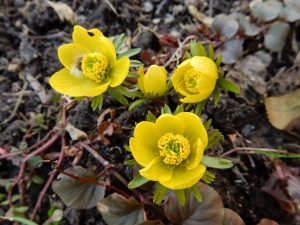
Winter aconite
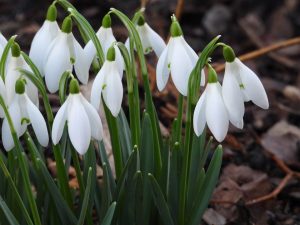
Snowdrops
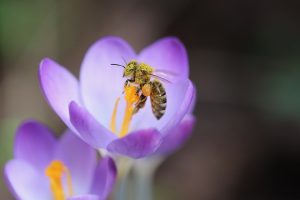
Crocus
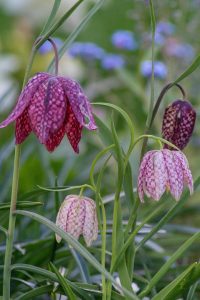
Snake’s head fritillary
If you plant bluebells make sure it is the native variety and not Spanish bluebells. Native bluebells have narrow leaves (1-1.5cm wide), narrow, tubular-bell flowers with tips that curl back, flowers on one side of the stem, drooping stems, a sweet scent and cream-coloured pollen.
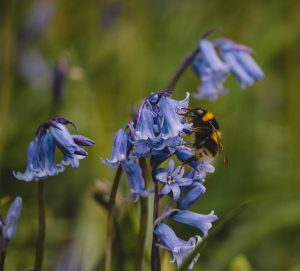
Bluebells
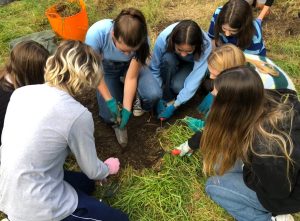
Sixth formers planting bulbs in our school grounds

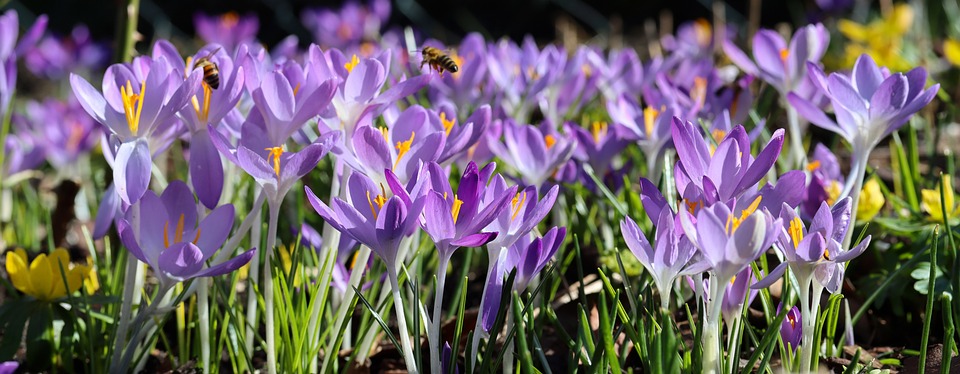
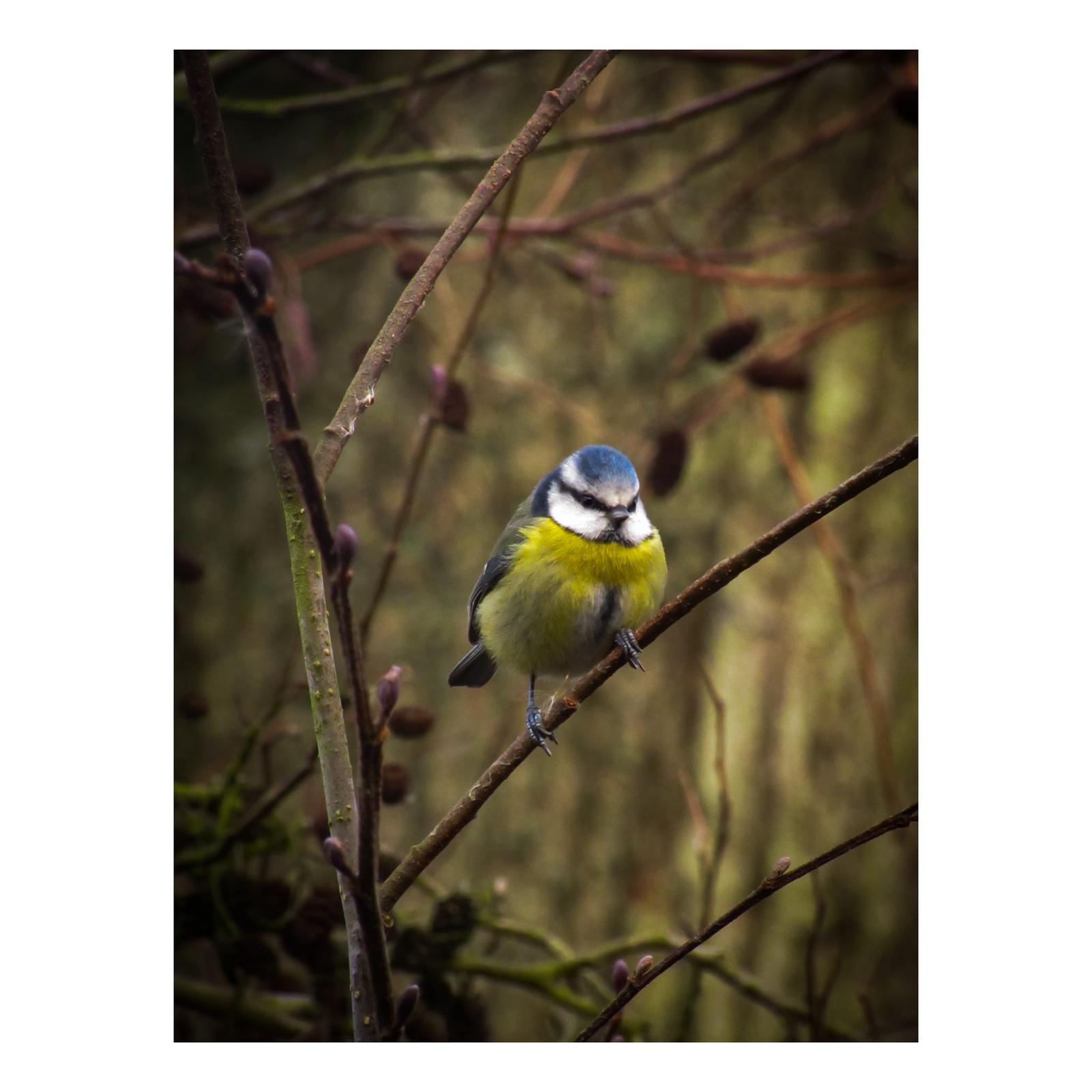

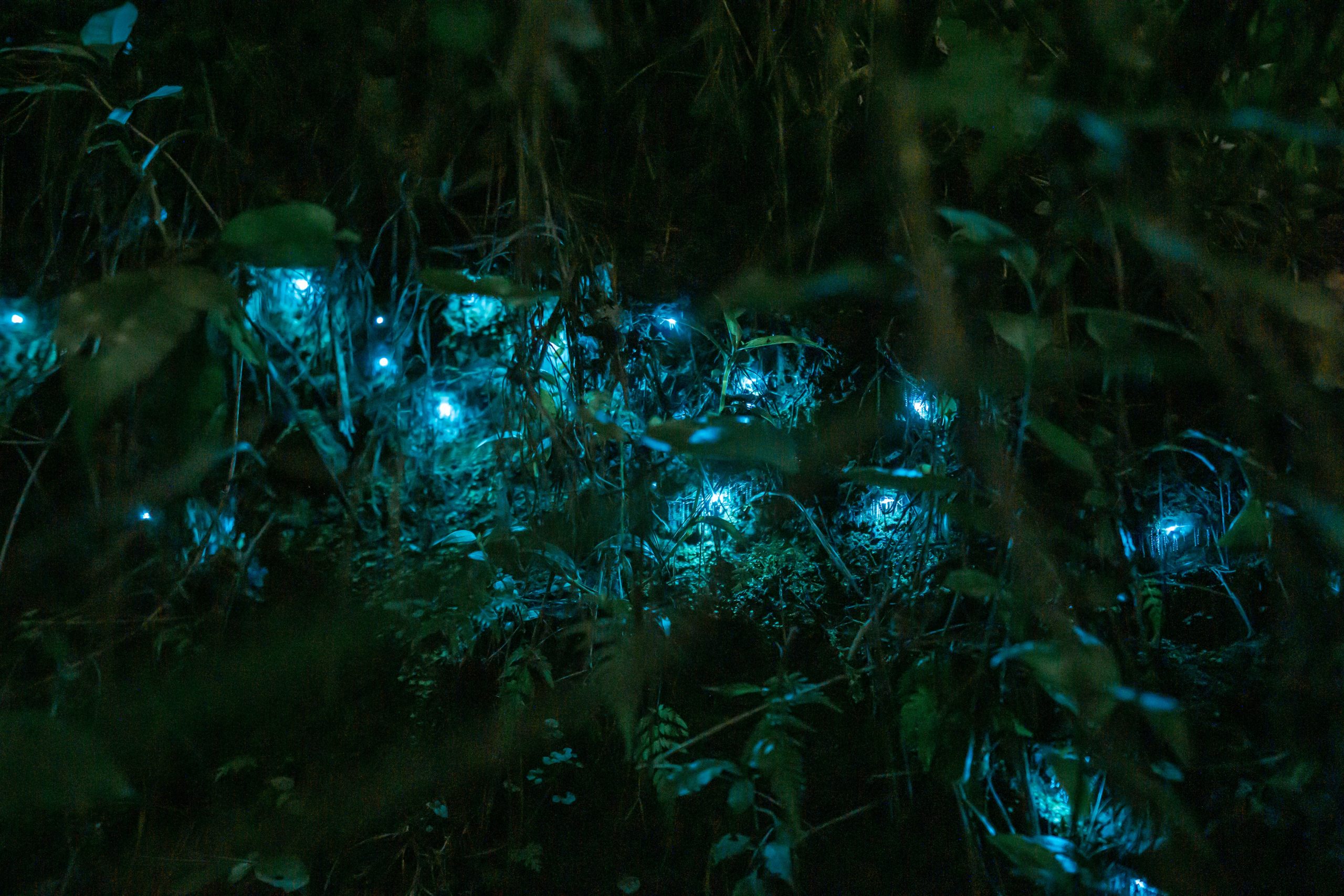
0 Comments